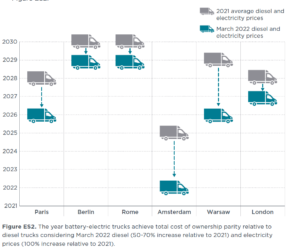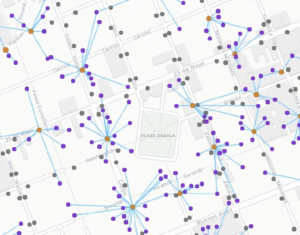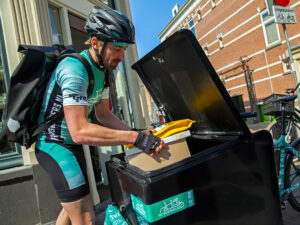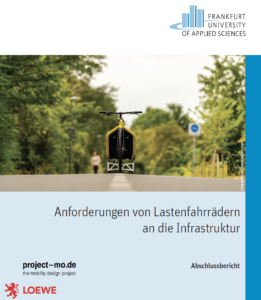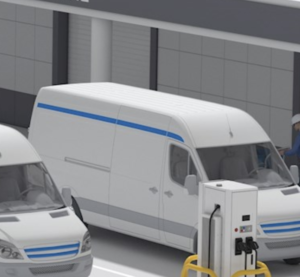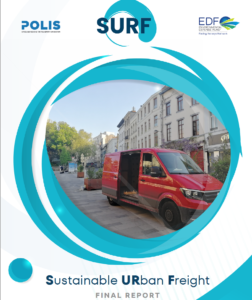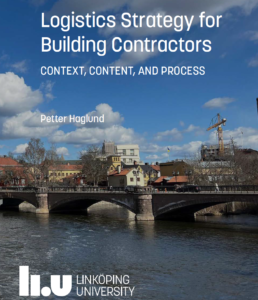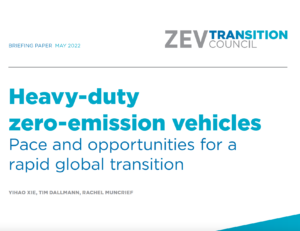Amsterdam: the role of public procurement in city logistics
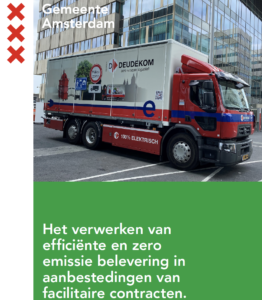
The City of Amsterdam has a policy framework for making mobility in the city more sustainable. The municipal procurement and tendering of facility goods and services can help shape the vision and policy for zero-emission transport. A report evaluated the procurement processes of facility goods and services and freight transport and logistics hubs for facility …

